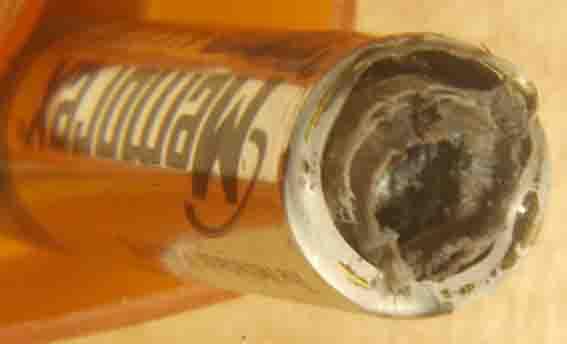Hi,
I have a wireless house alarm and decided to change the batteries this weekend as they need changing every two years apparantly.
However, the manual states the batteries should be Alkaline only as other high powered batteries can cause the alarm to malfunction.
Why is this the case. I have a mix of batteries in my garage, none are alkaline unfortunately they are all either Zinc Carbon or Zinc Chloride so I assume I cannot use these!
Surely voltage is voltage?
I have a wireless house alarm and decided to change the batteries this weekend as they need changing every two years apparantly.
However, the manual states the batteries should be Alkaline only as other high powered batteries can cause the alarm to malfunction.
Why is this the case. I have a mix of batteries in my garage, none are alkaline unfortunately they are all either Zinc Carbon or Zinc Chloride so I assume I cannot use these!
Surely voltage is voltage?


